-
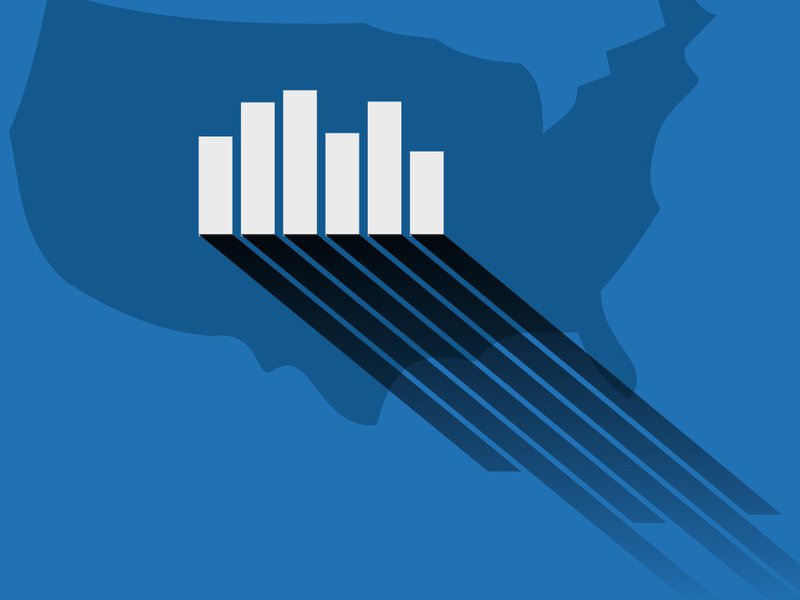
The ‘Uncounted:’ People of color are dying at much higher rates than what COVID data suggests
Unspecific, unknown deaths rose 10 times more among Black, Hispanic and Indigenous people than among white Americans during the COVID-19 pandemic, according to a new analysis by MuckRock. The true toll of the COVID-19 pandemic on many communities of color is worse than previously known.
-
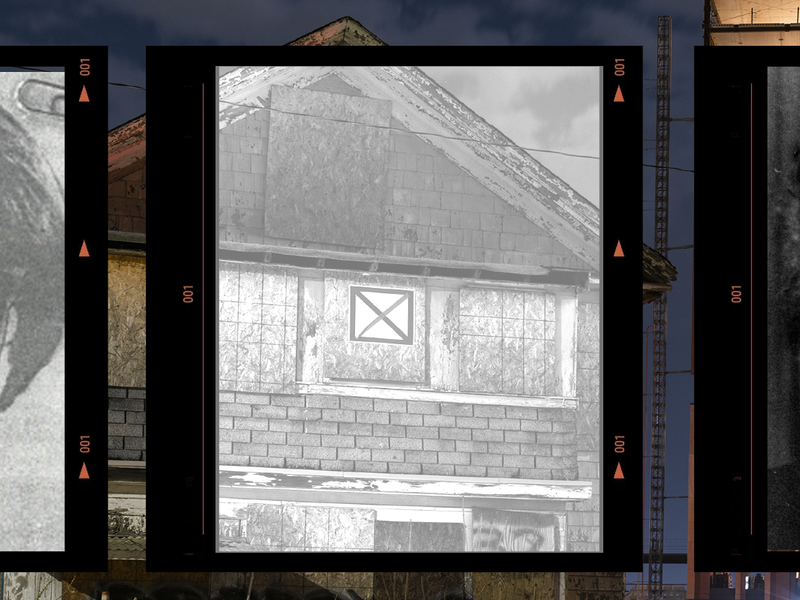
The Kapikill Files, chapter 4: One Man’s Terrorist
The five accused Fauxbom plotters moved on beyond their early notoriety, even as FBI documents trace an unfinished hunt for Orhan Gunduz’s killer among them. The Armenian and Turkish communities still grapple with complex legacies, including full recognition of the Armenian Genocide and the killings that brought the issue to the world’s attention.
-
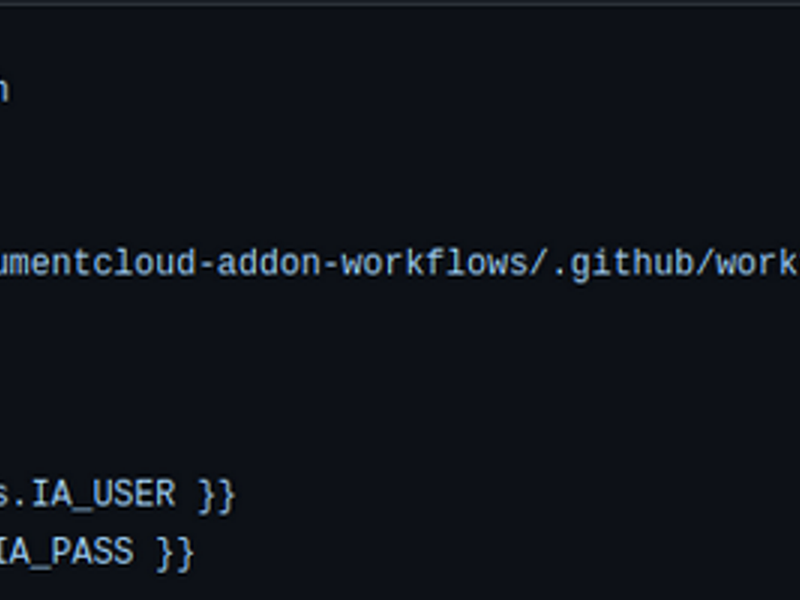
Developing your first DocumentCloud Add-On
Learn how to use GitHub Actions and Python to help build tools to make DocumentCloud even more powerful.
-

It’s time once again: Share your transparency horror story with a nomination to The Foilies 2023
We are now accepting submissions for The Foilies 2023, the annual project to give tongue-in-cheek awards to the officials and institutions that behave badly (or ridiculously) when served with a request for public records.
-
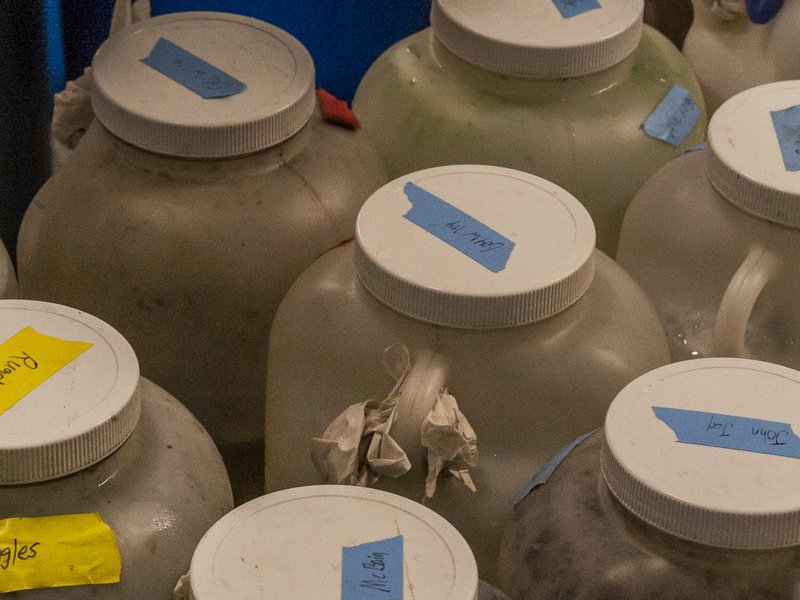
Wastewater can predict COVID-19 surges, but New York City’s data remains hard to find
Nearly three years into the city’s wastewater surveillance program, New York City has neither a local dashboard nor a clear strategy for how testing results are used.
-
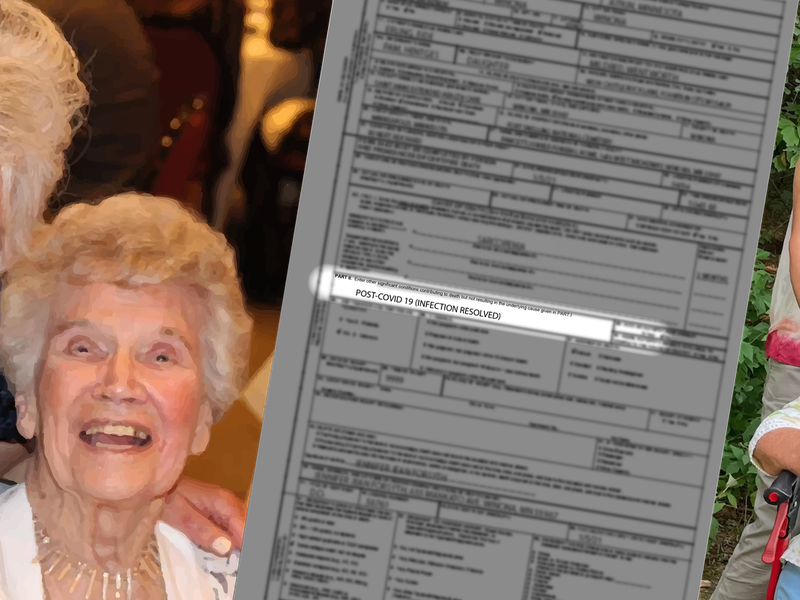
We found dozens of ‘Long COVID’ deaths across the U.S., as defined by the CDC. Here are some of their stories.
In a first-of-its-kind analysis, we have detailed death certificate records in Chicago; California’s Bay Area, Los Angeles and San Diego; Minnesota; and New Mexico, allowing us to search for words associated with Long COVID. Here’s what we found.
-

How data can power public health investigations — through collaboration
In a new story with DataJournalism.com, reporters Dillon Bergin and Betsy Ladyzhets shared how MuckRock collaborates with both experts and other reporters to pursue major data journalism projects.
-
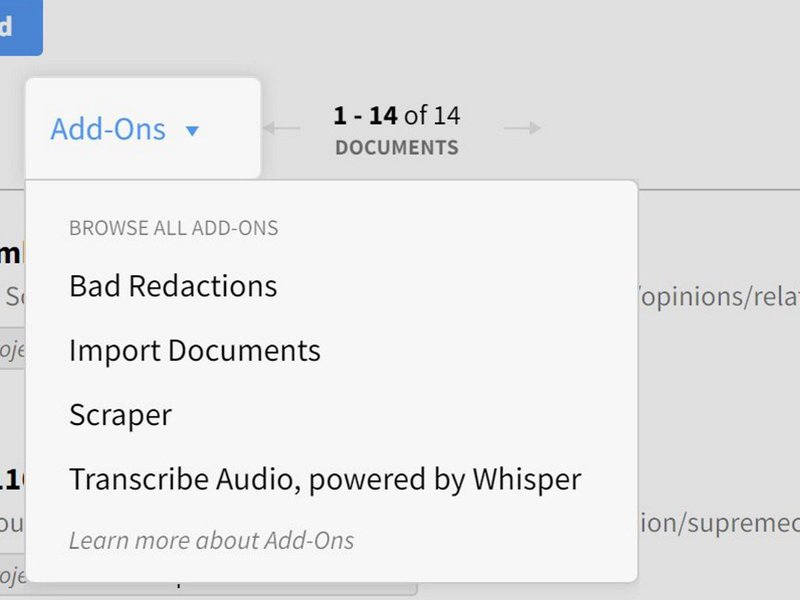
Discovering what lies beneath the bad redaction
Luiz Toledo shares how the collaborative reporting project Data Fixers has used DocumentCloud’s new Bad Redactions and Import Documents capabilities to help make its reporting process easier.
-
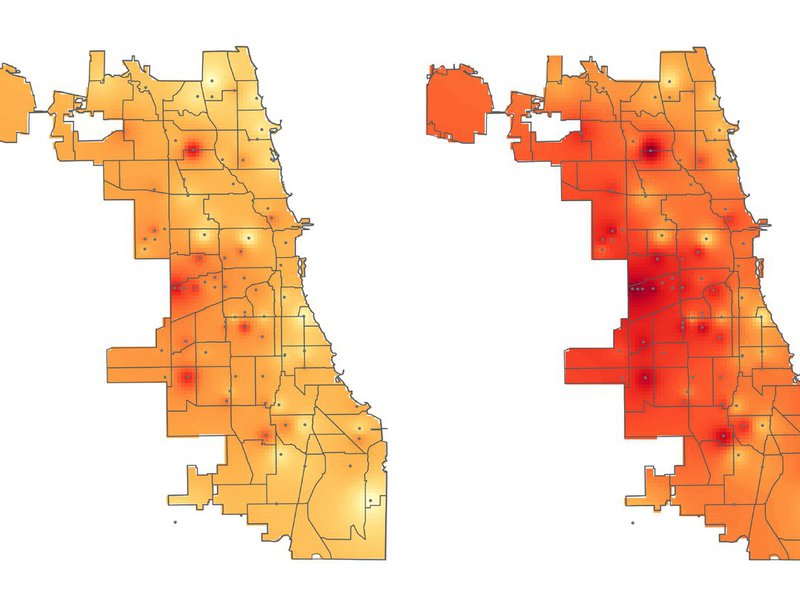
‘This is really concerning:’ Chicago air quality sensors show disparities across the city — and unexplained spikes in pollution
Nearly two years after the tech company Microsoft installed more than 100 air quality sensors atop bus shelters across Chicago, a MuckRock analysis of the data documents the neighborhood-by-neighborhood hotspots and disparities — and raises questions about how air pollution continues to affect the city’s fenceline communities.
-
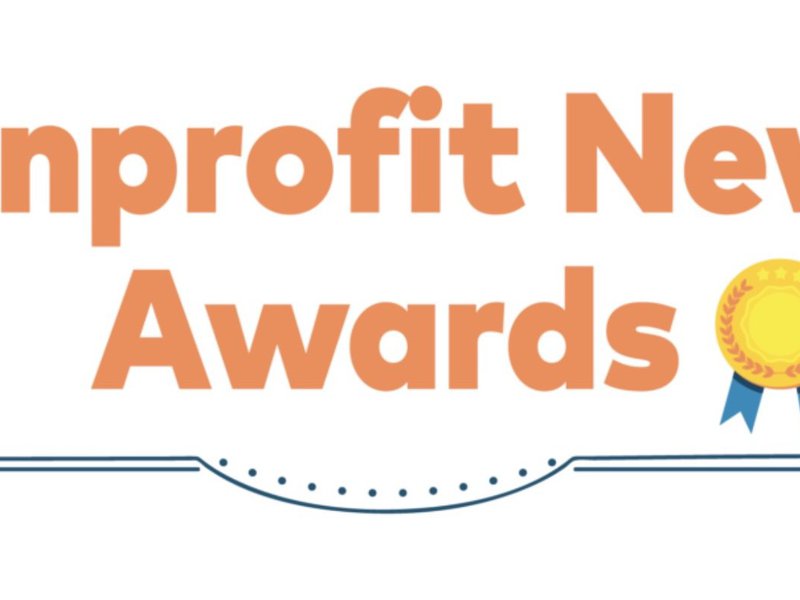
MuckRock and reporting partners win 2022 Community Champion Award from Institute for Nonprofit News for ‘Uncounted’ COVID-19 project
In its award announcement, the Institute for Nonprofit News noted that “this collaboration among five newsrooms revealed stark disparities in the way medical examiners reported cause of death during the pandemic and introduced a new method of analyzing mortality data.”
-
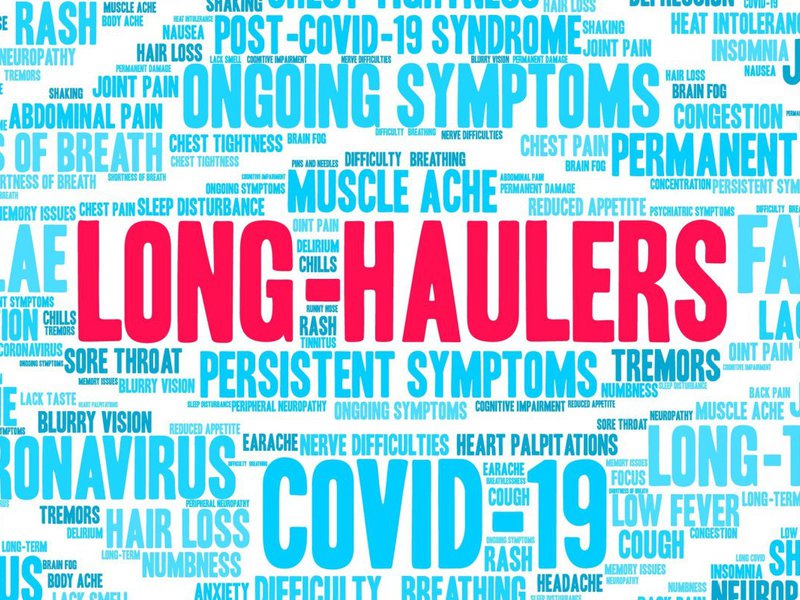
Long COVID is impacting millions of Americans. We want to hear from patients and people caring for them.
More than two years after the first Long COVID patients drew attention to their condition, the federal government’s response to this crisis has been frustratingly slow, experts say. If you are a patient, advocate, caregiver, researcher or someone else connected to the Long COVID community, we want to hear your thoughts on these questions.
-

Amanda Hickman joins MuckRock as non-profit’s first Chief Operating Officer
Amanda Hickman will join MuckRock as our first Chief Operating Officer. The newly created role will oversee the expansion of MuckRock’s unique mix of software, services and reporting as the organization helps build more informed communities around the world.
-
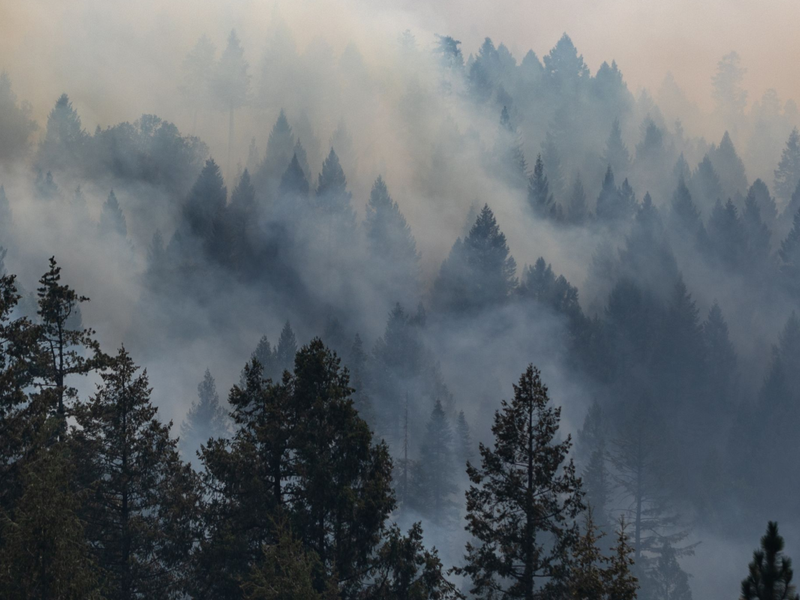
In California, unhealthy pollution from wildfire smoke has become dangerously common
In 2010, the number of Californians living in areas exposed to at least one day of 100 micrograms of PM2.5 barely crossed 200,000. A decade later, that number increased to 4.5 million.
-
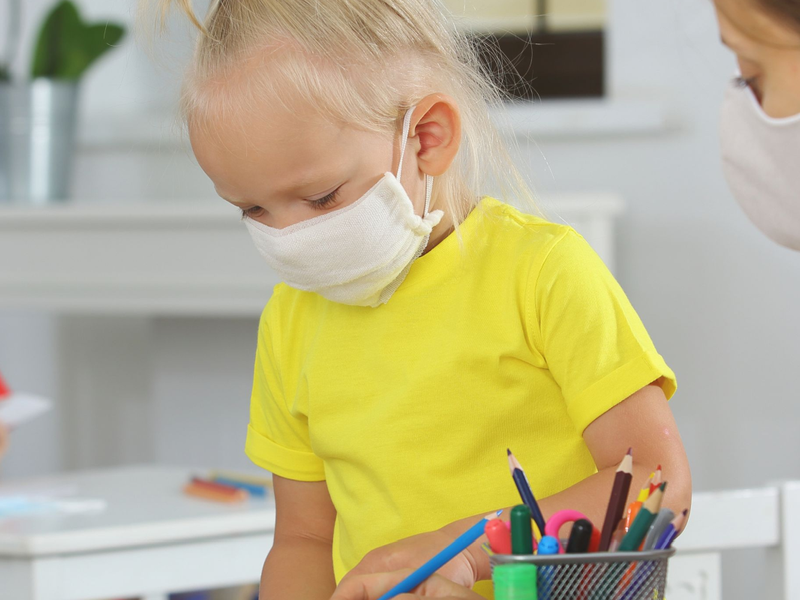
Michigan aims to boost child care supply by helping entrepreneurs navigate red tape
A new Michigan initiative, Our Strong Start, pairs child care entrepreneurs with a staffer from the state licensing agency who helps with paperwork and obtaining inspections. The program seeks to address problems raised in MuckRock’s “Disappearing Day Care” investigation, which found that Michigan’s child care supply is even more limited than experts thought.
-

Documenting COVID-19 project, MuckRock, Missouri Independent collaboration wins 2 first-place Missouri Press Association awards for health and pandemic coverage
Columbia University’s Documenting COVID-19 project, MuckRock and the Missouri Independent won two first-place prizes for its COVID-19 pandemic and health coverage in the 2022 Missouri Press Association’s Better Newspaper Contest.
-
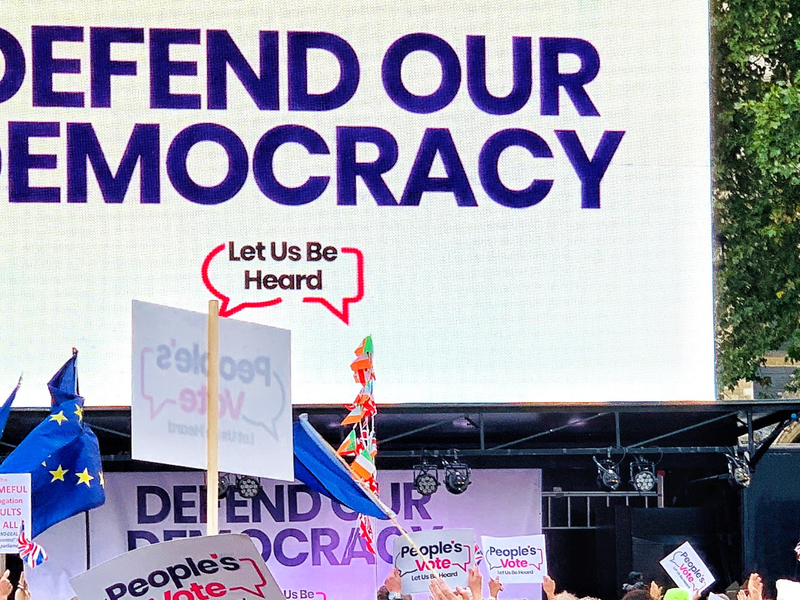
Join us on Democracy Day and use open records to spotlight threats to democracy
Democracy Day 2022 is almost here. MuckRock is excited to be one of an ever-growing list of organizations taking part in the coordinated initiative on September 15, spearheaded by the Center for Cooperative Media at Montclair State University. To help kick things off, here’s some FOIA inspiration to help you file your own requests.
-

What We Learned About Michigan’s Child Care Crisis From Parents and Providers
We received more than 170 stories from parents and providers about Michigan’s child care crisis, many of which included detailed policy proposals. Here are seven of those ideas.
-

Building trust before collaborating and other lessons from the Transparency Corps
The Transparency Corps experience has been expectedly different for each participant. Efrain Soriano shares lessons learned so far and how it’s shaping how he approaches his work now.
-
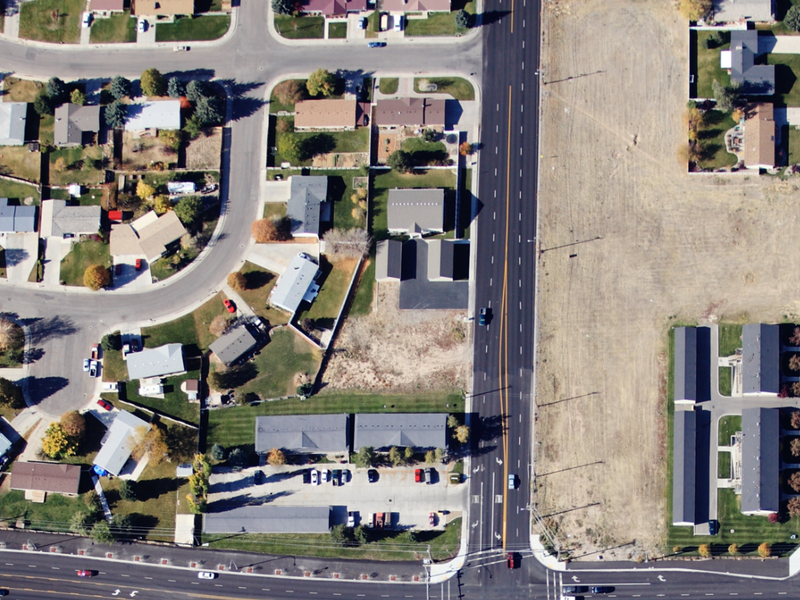
Air Quality Access: How local government is planning (or not) to protect your air
In the late 1980s, an area of the Jurupa Valley in Riverside, California began a transformation that would turn it from a community of sprawling dairy farms to hub for enormous warehouses. David Danelski, then an investigative reporter for the Riverside-Press Enterprise, unraveled the details through public records on town planning and found one important document missing from projects approved by county officials for more than a decade: the environmental impact statement. Here are his tips on this and other key records requests you can file.
-
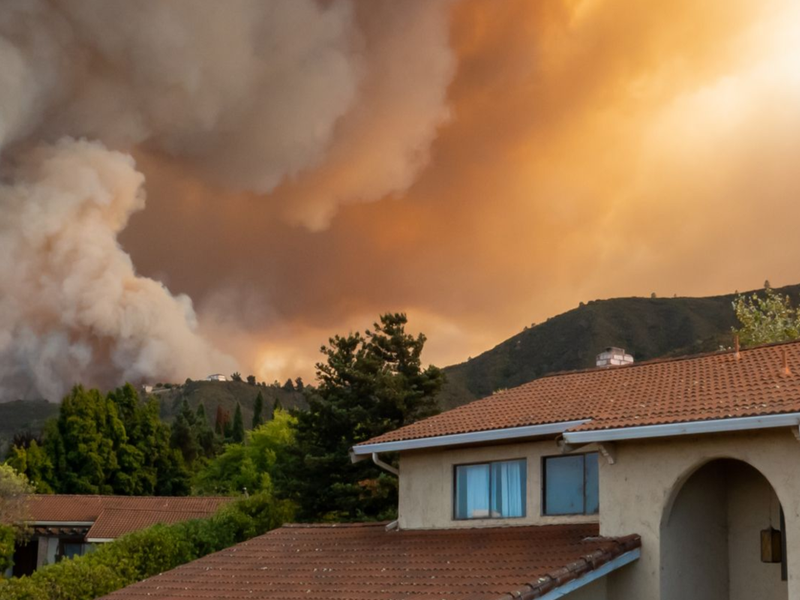
How is wildfire smoke changing your daily life?
NPR’s California Newsroom is collaborating with MuckRock and Columbia University’s Brown Institute for Media Innovation to investigate how wildfires affect air quality across the country. If the smoke from wildfires is damaging your health, disrupting your daily routine or forcing you to consider moving elsewhere, we want to hear from you.
-
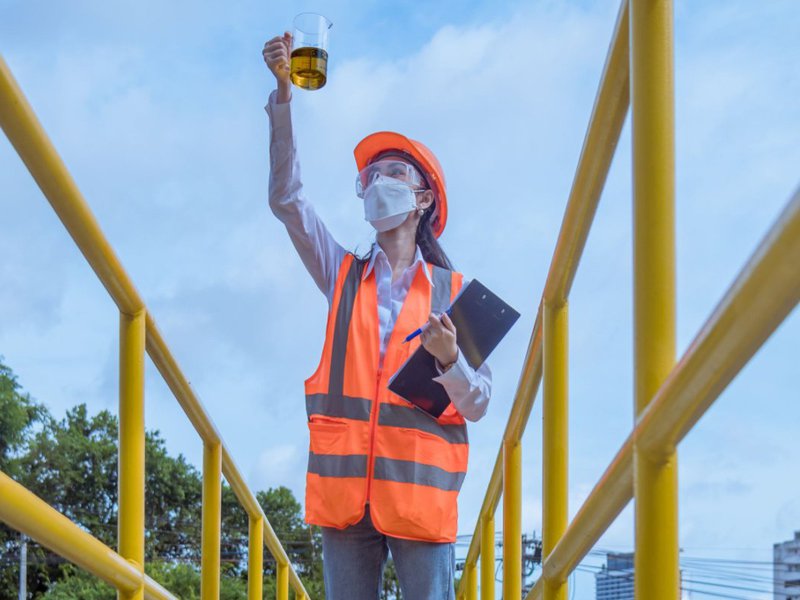
New York City wastewater shows link between cryptic COVID variants and worse phases of the pandemic
In a new study, Columbia University researchers have identified coronavirus mutations in New York City wastewater that seem to appear when severe disease rates begin to rise. The findings may pinpoint subtle, understated variants in the pandemic that are affecting day-to-day outcomes, including hospitalization and death, without doctors noticing.
-
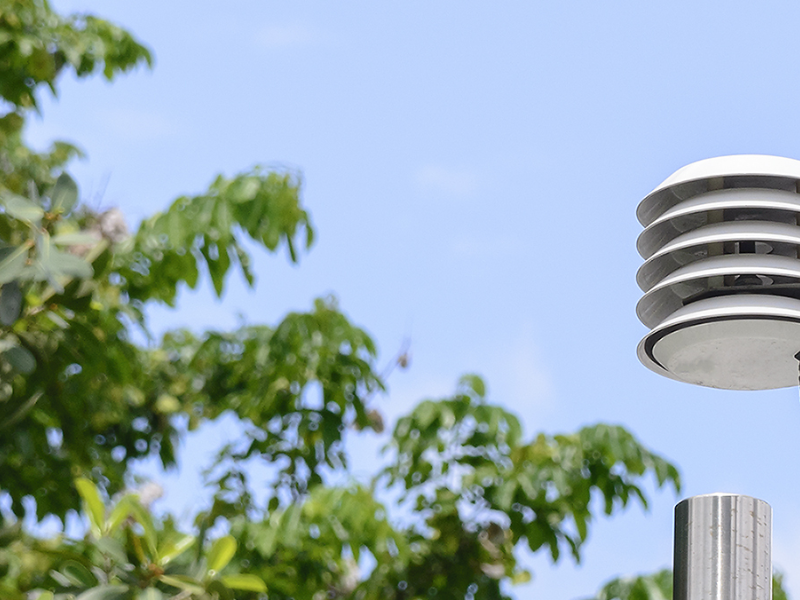
Air quality access: Using complaints, violations and fines to pinpoint local polluters
Freelance journalist Monica Vaughan was reporting on air pollution in California’s San Joaquin Valley when the words of one mother changed her perspective. “I just scan the stories looking for the sentence about whether or not it’s safe to live here. And I can never find that,” Vaughan remembered the woman saying.
In a second guide on air pollution, we bring together advice from reporters like Vaughan and examples that might help you uncover unsafe air in your community. From intial complaints to sustained violations, we give you the tools to ask your local government how it regulates polluters in your area
-
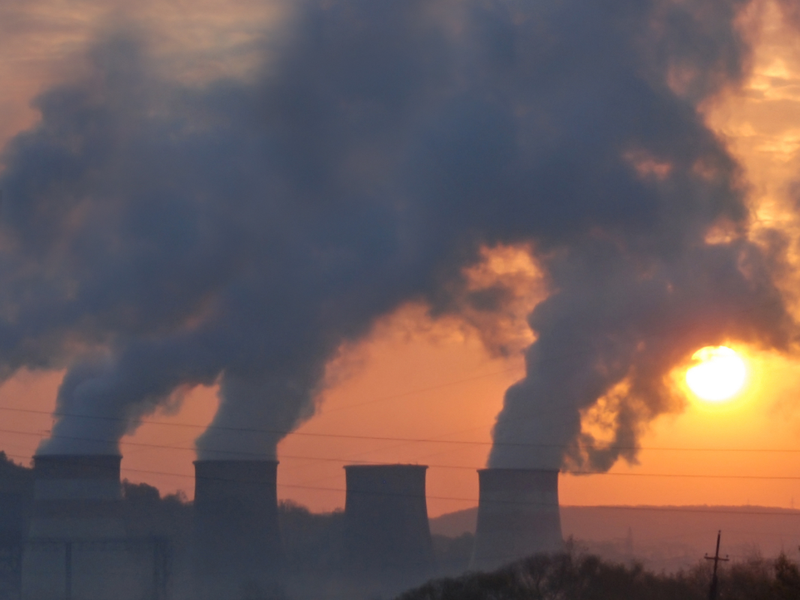
Air Quality Access: Three requests to help you scrutinize local environmental standards
In 2004, Dina Cappiello discovered some Houston residents were exposed to cancer-causing toxins at a level 20 times higher than federal guidelines — for toxic waste dumps. “Everybody was like ‘nothing to see here,’ but I was like something doesn’t add up,” Cappiello said. In this guide, we share tips and examples from Cappiello and other reporters of what you can request in your community to understand how dangerous the air is and even pinpoint potential polluters.
-

Apply for funding to help analyze, publish and preserve the world’s most important documents
Access to reliable information powers civic health and strong democracy, whether in shaping governmental response to global events or helping communities invest in a better tomorrow by understanding the impacts of budget and policy choices.
We want to fund your projects to analyze, publish and preserve the documents needed for an informed world
-

Chicagoans breathe the most polluted air of the year on Independence Day
The hours between 9 p.m. and midnight on July 4, 2021, ranked as the most intensely polluted hours the city experienced at any point over the past year, according to analysis of data on Chicago’s air quality. The new analysis is part of an ongoing project about air quality by MuckRock, WBEZ and the Sun-Times.